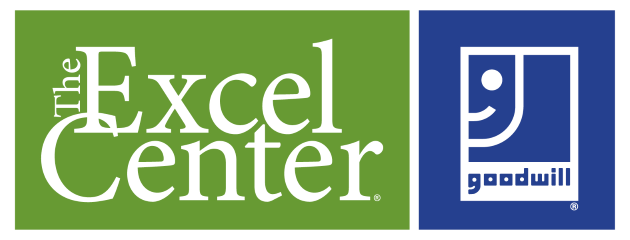In today’s job market, preparation is key to success. It requires more than just having a diploma or degree; you must be equipped with the skills and confidence to excel in the workplace. Whether you’re preparing to graduate and step into the workforce or if you’re a seasoned professional looking to advance in your career, being equipped with the necessary skills can significantly impact your success.
What is Job Readiness?
Job readiness encompasses a combination of skills, knowledge, and confidence that prepare an individual to enter and excel in the workforce. It goes beyond a diploma, degree, or technical expertise in a particular field. Instead, job readiness starts with self-awareness, which is crucial for tackling challenges and seizing opportunities. It also includes soft skills, technical proficiencies, adaptability, and a proactive mindset.
- Soft Skills Development: While technical skills are essential, employers also value soft skills such as communication, teamwork, problem-solving, and time management. Job readiness training focuses on honing these skills, which are often the determining factors in hiring decisions and career advancement.
- Industry-Relevant Knowledge: The job market is constantly evolving, with new technologies and trends shaping industries. Job readiness training provides up-to-date knowledge and insights into the specific requirements of various sectors, ensuring that individuals are well-prepared to meet industry demands. In fact, studies have shown that 6 out of every 10 workers (59%) believe that training helps them do their job better. Job readiness training equips individuals with the necessary skills and knowledge to adapt to industry changes and perform effectively in their roles. By staying abreast of emerging technologies and industry trends, job readiness programs empower participants to stay competitive and meet the evolving demands of the job market.
- Confidence Building: Confidence is key to success in any endeavor. Job readiness training helps individuals build self-confidence by providing them with the tools, resources, and support they need to navigate the complexities of the job market with assurance.
- Career Planning and Goal Setting: Setting clear career goals and developing a strategic plan to achieve them is essential for long-term success. Job readiness training helps individuals identify their strengths, interests, and career aspirations, allowing them to chart a course for their professional development.
- Networking and Professional Etiquette: In today’s interconnected world, networking is essential for career advancement. Job readiness training teaches individuals how to build and leverage professional networks effectively, as well as the importance of professional etiquette in fostering positive relationships with colleagues and employers.
- Adaptability and Resilience: The ability to adapt to change and bounce back from setbacks is crucial in today’s fast-paced and unpredictable job market. Job readiness training equips individuals with the resilience and adaptability they need to thrive in the face of challenges and uncertainty.
Job readiness training sets individuals up for success by providing them with the skills, knowledge, and confidence they need to excel in the workforce. By investing in job readiness training, individuals can enhance their employability, advance their careers, and achieve their professional goals.
The Baltimore Excel Center’s Job Readiness Program Sets Students Up for Success
Goodwill’s Baltimore Excel Center provides second chances and educational opportunities to adult students looking to better their futures. The center offers a job readiness training program designed to empower Maryland residents to enter the workforce with confidence.
The Excel Center’s Job Readiness Training covers essential topics such as customer service, effective communication, job search and retention, interviewing skills, and professional appearance. They’re focused on equipping participants with the skills, knowledge, and attitudes needed to succeed in various jobs and industries.
Every student will develop an individual learning plan based on their unique interests and abilities. The Excel Center provides students the opportunity to connect the material they learn to skills that are helpful and necessary in future education, training, or work environments.




